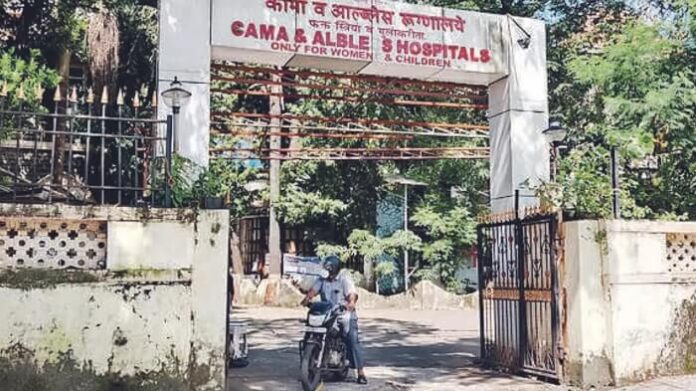State-run Cama Hospital, known for being Mumbai’s first public-sector center to offer free infertility treatment for women, has now introduced platelet-rich plasma (PRP) therapy to help improve ovarian reserves in select patients. According to Dr. Tushar Palve, the hospital’s medical superintendent, PRP is widely used in various medical fields, including orthopedics for treating ligament injuries and osteoarthritis, dermatology for addressing hair loss, and ophthalmology for promoting corneal healing. “Its application in obstetrics and gynecology is also being explored,” he added.
At Cama Hospital, PRP is offered to women with low Anti-Mullerian Hormone (AMH) levels—an indicator of ovarian egg reserves—particularly those with AMH scores below 3. A patient undergoing infertility treatment at the hospital has already received PRP therapy through laparoscopy, shared Dr. Palve.
PRP, a concentrated blood product rich in growth factors and cytokines, is injected directly into the ovaries as a form of “rejuvenation therapy.” Research suggests that PRP can repair damaged ovarian tissue, stimulate follicle growth, and encourage egg production, making it a potential supplementary treatment for women pursuing IVF.
Senior infertility specialist Dr. Hrishikesh Pai from Lilavati Hospital, Bandra, noted that PRP has been used for women with low ovarian reserves. “We started offering PRP three years ago,” he said. It is particularly considered for women who might otherwise require egg donors but are reluctant to go that route, providing an alternative to boost egg production.
As reported by TOI, however, PRP is not guaranteed to work. “We counsel patients about the limitations of the treatment. Success has only been observed in a small number of cases,” said Dr. Pai, who described PRP as more of a “fringe therapy.”
Dr. Ameet Patki, representing the Indian Society of Assisted Reproduction, echoed similar sentiments, emphasizing that PRP’s role in infertility treatment is not yet well-established. “It is a therapy best offered in a research setting until we have more clarity about its effectiveness in increasing ovarian reserves. It should not be routinely offered to all patients,” he advised.
























